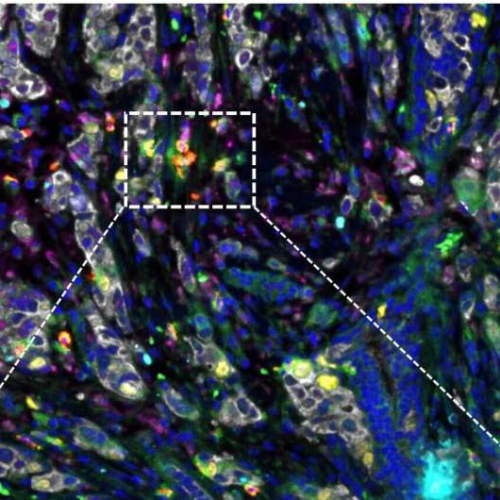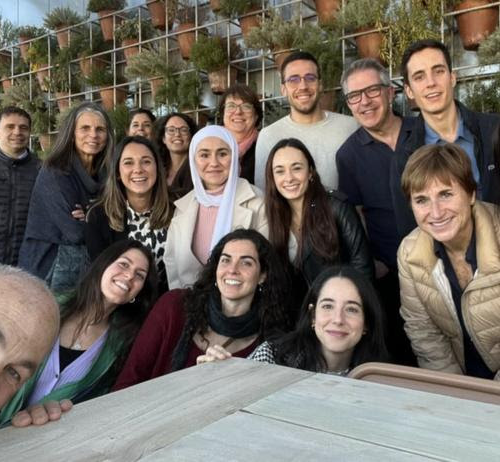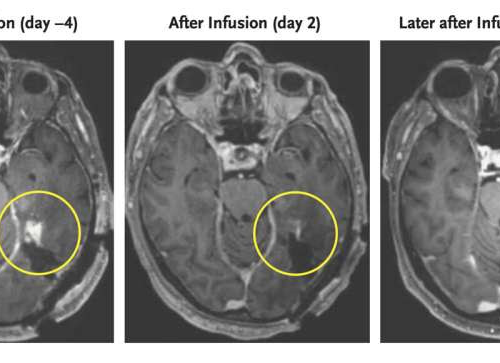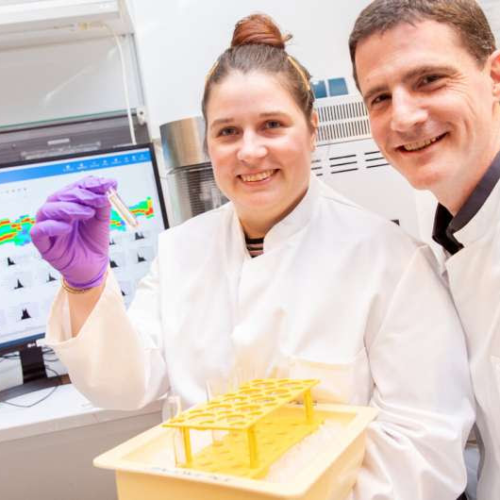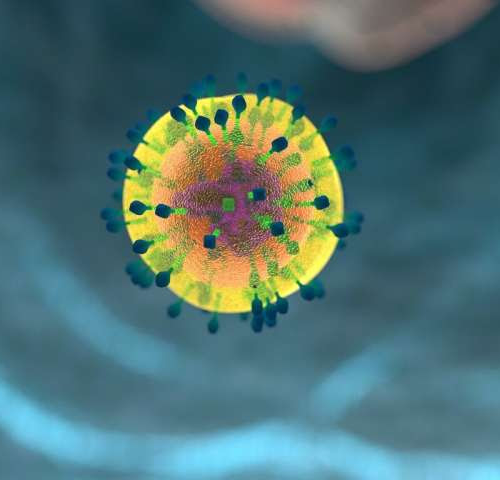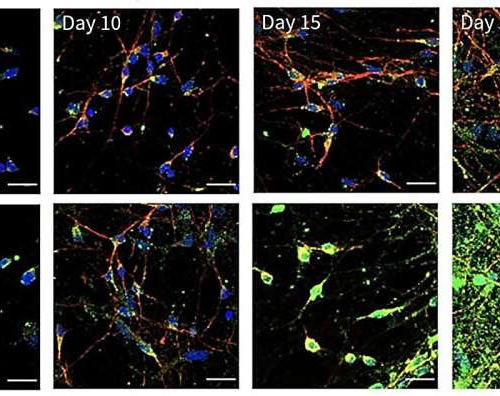by Melissa Rohman, Northwestern University Representative composite image of a breast cancer specimen stained by multi-color IHC comprising CD8, Ki67, GCLC, GPX4, 923 A2AR, PanCK and DAPI. Representative CD8+GPX4+ (blue arrow), CD8+GCLC+ (blue arrowhead), CD8+GPX4+GCLC+ 924 (red arrow), and CD8+Ki67+ GPX4+GCLC+ (red arrowhead) cells. Credit: Bin Zhang, PhDA recent Northwestern Medicine study has discovered a...
Category: <span>Immunology</span>
Can a cup of tea keep COVID away? Study demonstrates that certain teas inactivate SARS-CoV-2 in saliva
by Jennifer L Reynolds, University of Georgia cup of teaCredit: Pixabay/CC0 Public DomainNew research from the University of Georgia suggests that something as simple as a cup of tea can help in the fight against COVID-19. Tea has been renowned globally for its many health benefits, and Malak Esseili, a virologist with the University of...
New understanding of the gut immune system may hold promise for Crohn’s disease patients
A team of scientists from DTU and other European universities have uncovered an overlooked mechanism in the gut immune system of patients suffering from severe cases of Crohn’s disease. The discovery may help define how to treat patients with severe Crohn Peer-Reviewed PublicationTECHNICAL UNIVERSITY OF DENMARK Tricks played by certain disease-driving gut bacteria might help...
Progress in developing specific immunotherapies for type 1 diabetes
GERMANS TRIAS I PUJOL RESEARCH INSTITUTE IMAGE: IGTP AND AHEAD THERAPEUTICS TEAM view moreCREDIT: IGTP Researchers from Germans Trias i Pujol Research Institute (IGTP) and Ahead Therapeutics SL have been exploring a treatment based on liposome-type nanoparticles to address the autoimmunity of type 1 diabetes for years. A study recently published in the Journal of...
Overgrowing Nerve Cells Linked to Lingering Symptoms Post-UTI
New finding provides a potential approach to managing symptoms of recurring UTIs. Duke University Health System A perplexing problem for people with recurring urinary tract infections (UTIs) is persistent pain, even after antibiotics have successfully cleared the bacteria. Now Duke Health researchers have identified the likely cause – an overgrowth of nerve cells in the...
A new strategy to attack aggressive brain cancer shrank tumors in two early tests
by Lauran Neergaard This combination of MRI scan images provided by the New England Journal of Medicine in March 2024 shows the progress of a glioblastoma patient who received CAR-T therapy which uses modified versions of T cells from a patient’s own immune system. Studies published by the New England Journal of Medicine on Wednesday,...
Breakthrough Therapy Obliterates Deadly Brain Tumor in Days
ByMIKE MCRAE MRI scan of 72-year-old glioblastoma patient. (Choi et al., NEMJ, 2024)Brain scans of a 72-year-old man diagnosed with a highly aggressive form of cancer known as a glioblastoma have revealed a remarkable regression in his tumor’s size within days of receiving an infusion of an innovative new treatment. Though the outcomes of two...
Possible tumor marker found for the development of hepatocellular carcinoma
by Stefan Zorn, Medizinische Hochschule Hannover Impending hepatocellular carcinoma diagnosis in cirrhotic patients after HCV cure features a natural killer cell signature. Credit: Hepatology (2024). DOI: 10.1097/HEP.0000000000000804A research team at the MHH is comparing changes in natural killer cells of the innate immune defense system in chronic hepatitis C sufferers as a risk factor for...
‘Double life’ of key immune protein reveals new strategies for treating cancer and autoimmune diseases
by NYU Langone Health Credit: CC0 Public DomainInsights into the workings of an immune cell surface receptor, called PD-1, reveal how treatments that restrict its action can potentially be strengthened to improve their anticancer effect, a new study shows. The same findings also support experimental treatment strategies for autoimmune diseases, in which the immune system...
Why is the brain so prone to inflammation?
by Sarah C.P. Williams, Columbia University Irving Medical Center Keeping neuroinflammation in check. Normal neurons (top panel) produce a small amount of double-stranded DNA (green) that keeps inflammation at a low level and ready to fight incoming viruses. But if neurons accumulate extremely high levels of dsRNA, as seen in ADAR1 knockout neurons (lower panel),...

